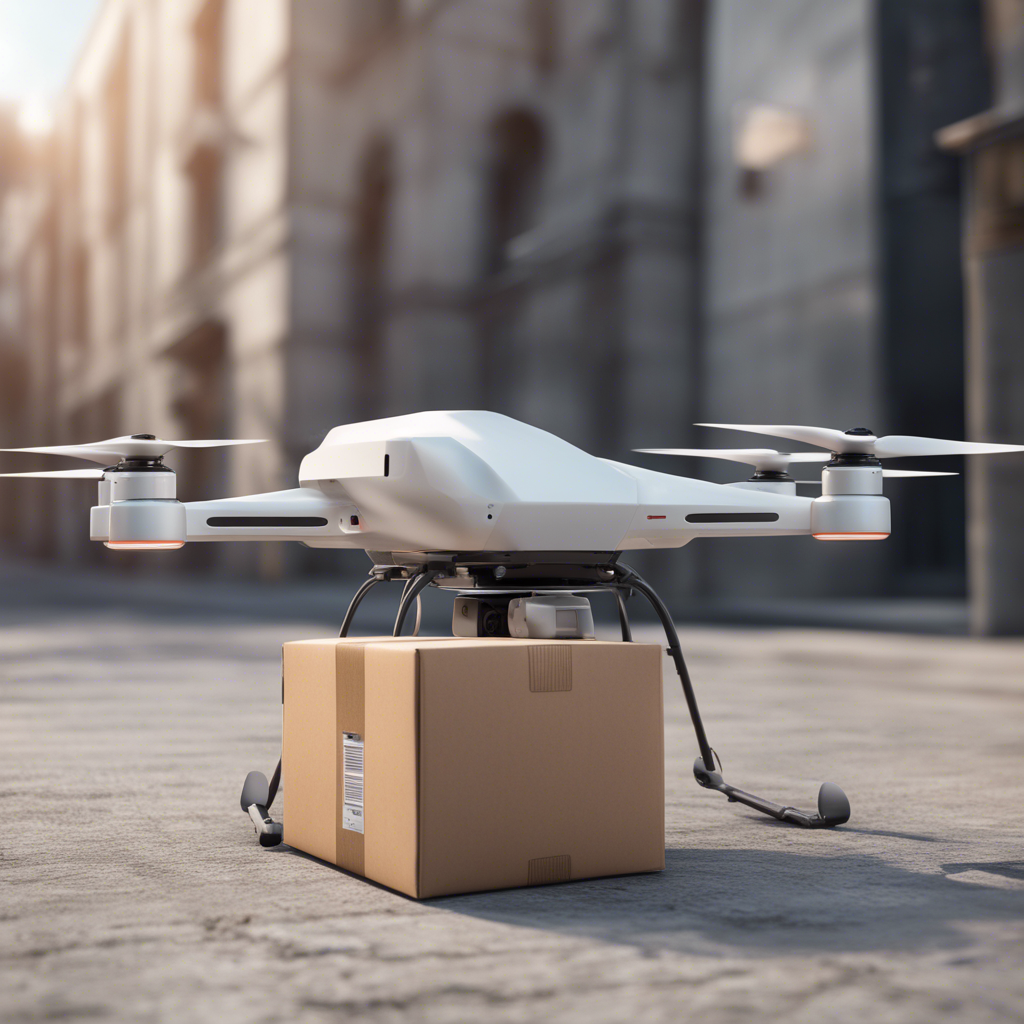
Drones for Delivery: Changing the Logistics Landscape
In recent years, the use of drones for delivery services has gained significant traction and has the potential to revolutionize the logistics and transportation industry. This innovative technology offers numerous benefits such as faster delivery times, reduced operational costs, and increased efficiency. In this blog post, we will explore how drones are changing the logistics landscape and the implications of this transformation.
The Rise of Drone Delivery
Drones, also known as unmanned aerial vehicles (UAVs), are aircraft operated without a human pilot on board. With advancements in technology, drones have become more sophisticated, reliable, and cost-effective, making them an attractive option for companies looking to streamline their delivery processes.
One of the key advantages of using drones for delivery is the speed at which packages can be transported. Unlike traditional delivery methods that are subject to traffic congestion and other delays, drones can fly directly to their destinations, significantly reducing delivery times. According to a study by McKinsey & Company, drone delivery can be up to 50% faster than traditional delivery methods.
Benefits of Drone Delivery
1. Faster Delivery Times
- Drones can bypass traffic and deliver packages directly to their destinations, saving time and improving customer satisfaction.
2. Cost-Effective Operations
- By using drones for delivery, companies can reduce fuel and labor costs associated with traditional delivery methods, leading to significant cost savings.
3. Increased Efficiency
- Drones can operate 24/7 and cover vast distances in a short amount of time, improving logistics efficiency and reducing delivery lead times.
Challenges and Considerations
While drone delivery offers promising benefits, there are several challenges and considerations that need to be addressed for widespread adoption:
1. Regulatory Hurdles
- Regulations around drone operations, such as air traffic control and privacy concerns, need to be addressed to ensure safe and compliant delivery operations.
2. Weather Conditions
- Adverse weather conditions such as strong winds and rain can impact drone performance and delivery capabilities, requiring robust design and planning.
3. Security and Safety
- Preventing unauthorized access to drones and ensuring safe operations in urban environments are critical considerations for drone delivery services.
Future Outlook
As technology continues to evolve, the future of drone delivery looks promising. Companies such as Amazon, Google, and UPS are investing heavily in drone technology to streamline their delivery operations and improve customer experiences. With ongoing advancements in automation, artificial intelligence, and battery technology, drones for delivery are poised to become a ubiquitous feature of the logistics landscape.
In conclusion, drones for delivery are changing the logistics landscape by offering faster delivery times, cost-effective operations, and increased efficiency. While there are challenges to overcome, the benefits of drone delivery are undeniable, making it a disruptive force in the transportation industry.
#logistics #dronedelivery #innovation #technology
References:
- McKinsey & Company. (2016). The next frontier for e-commerce: Urban logistics.
- Federal Aviation Administration. (2021). Unmanned Aircraft Systems.
- Teal Group. (2020). Commercial Drone Market Opportunities & Challenges.
- DroneDeploy. (2019). The Future of Drone Delivery: A Guide to Implementing Your Drone Program.


